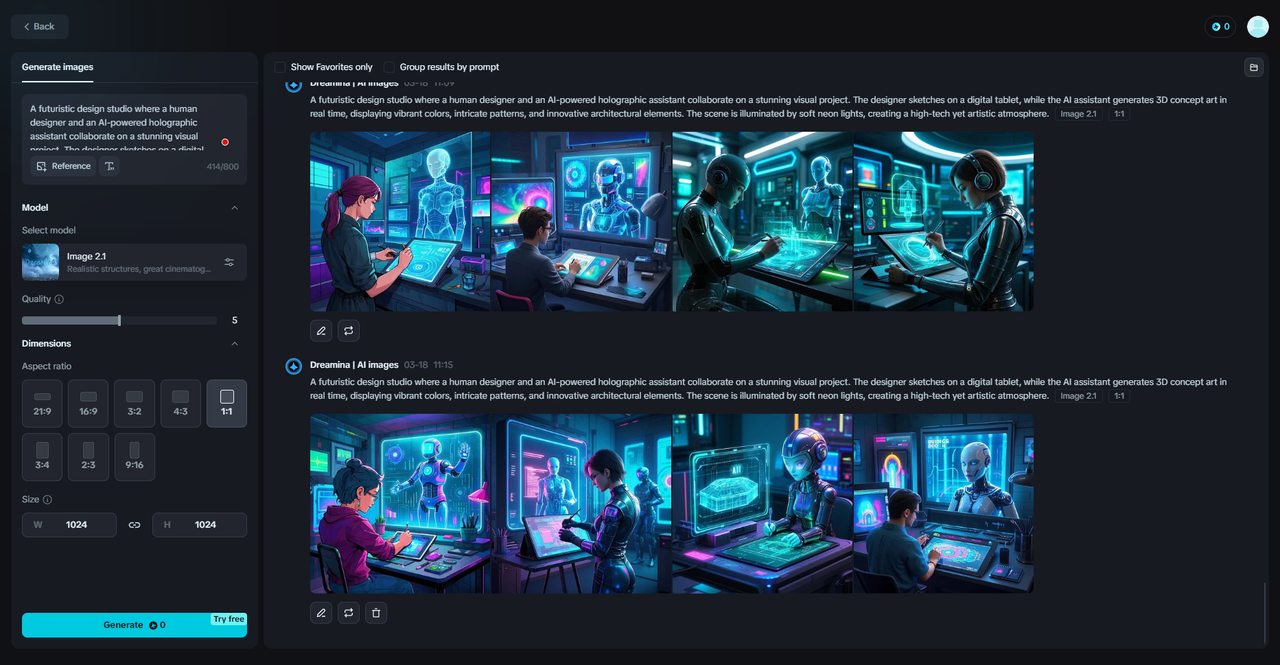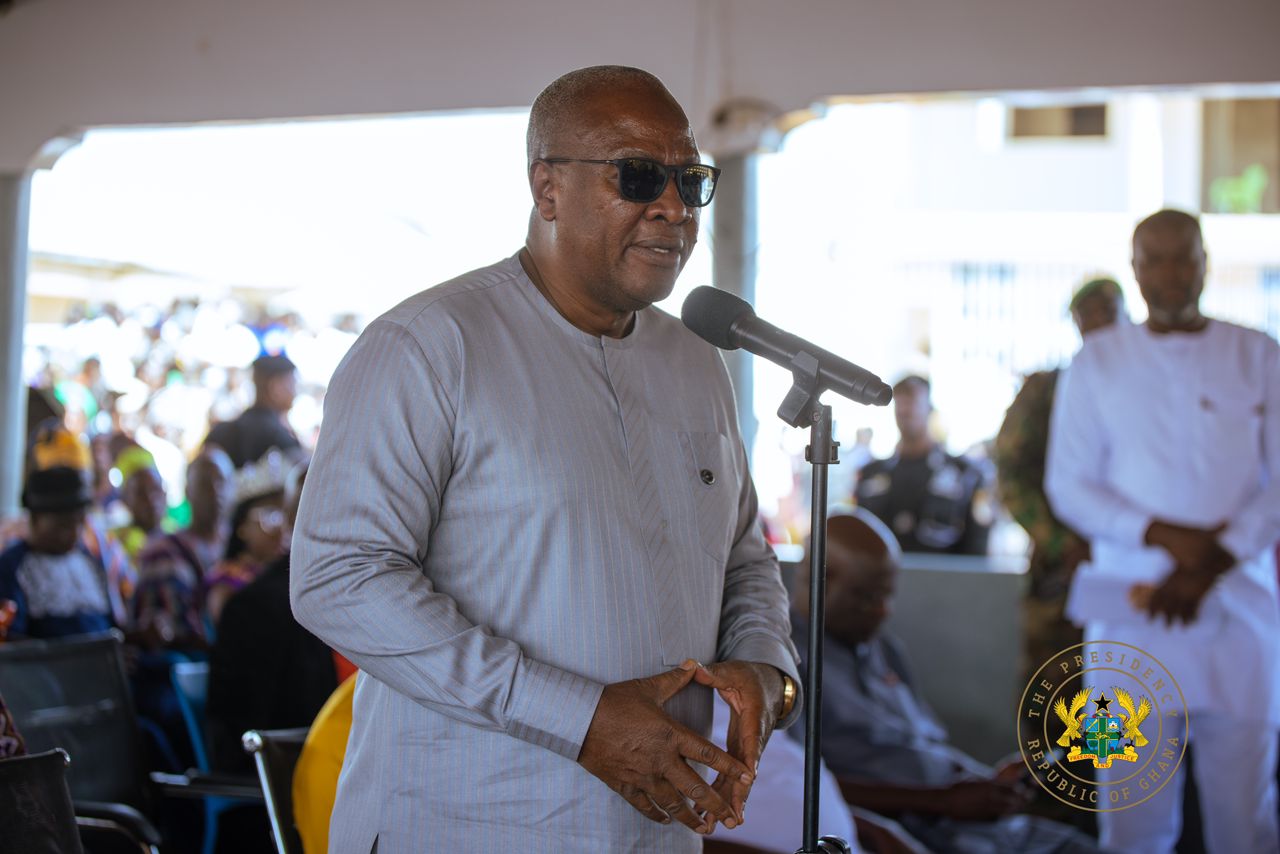
Any member of the Ghana Education Service (GES), including the teacher, ought to exhibit behaviour, attitudes and character such as leadership, selflessness, comportment, integrity, impartiality, fairness and honesty, which are in agreement with the work and status of the teaching profession(Code of Conduct for Staff of the Ghana Education Service, 2017, p.7).
Teaching is a profession, which is governed by a set of rules and principles. There are laid-down standards which one has to follow and a Code, ethics to obey as a professional. Teachers should be abreast of the standards, Code and regulations of the teaching profession to avoid any breach or non-observance of them leading to disciplinary actions such as demotion,or suspension, or loss of job, or imprisonment (Code of Conduct for Staff of the Ghana Education Service, 2017).
Teachers are a strong, useful role model to the learners or students that they teach and to all other persons that they live with in communities. They, therefore, ought to live lives and behave in ways worthy of emulation for the continued survival, transformation and progress of humanity.
The teacher is a great agent to protecting and preserving a society’s moral fibre and integrity. A teacher with a good value system and attitude can be a strategic crusader to helping a society to refine, modify its belief system or to get its obnoxious cultural elements abandoned for progress.
The Handbook of the National Teachers’ Standards for Ghana (2017) identified a set of traits of professional development and community of practice expected of teachers if they are to be evaluated as having exhibited professional values and attitudes. Regarding teacher professional development and in line with the teacher’s own philosophy of teaching, there should always be a review of students’ previous knowledge (or what students already know), proper planning of what is to be taught (or what students want to know) and a critical assessment of what has been learnt.
Lesson evaluation and reflective practice can be done singly or in groups to improve learning. Teachers add to knowledge, skills and competencies through in-service training and lifelong learning programmes. A teacher relying solely on the knowledge gained from school in say, ten years ago,cannot sail through effectively in these times of knowledge dispensation.New ideas on and strategies in lesson delivery and learning assessment can be found in books at libraries and on the internet as well as from the views shared by experienced colleagues at workshops and seminars.
It is only when knowledge is updated that an Agriculture teacher, for example,would know that the scientific name of guinea grass is now Megathyrsus maximus and not Panicum maximumany more.To be resourceful as a teacher, therefore, continuing professional development is necessary.Teachers are leaders and managers. They lead learners with diverse backgrounds and abilities to share experiences and views from which they learn.
Teachers are managers because they combine instructional resources such as teaching aids, skills and competencies to facilitate knowledge acquisition among learners within a stipulated time. As teachers use values, including integrity, discipline, honesty, fairness, loyalty, dedication and commitment to lead and to manage an instructional process and the affairs of learners, the learners, in turn, emulate teachers, which sets the tone for a society’s transformation and growth.
Teaching is a helping profession and it is a social service as well requiring values, attitudes and character traits of respect for human dignity, selflessness, comportment, openness, hard work, friendliness, truthfulness, kindness, love, patience, empathy, punctuality and regularity.
Being a goal setter, change agent and a transformational leader in the school system and in the larger community, the teacher ought to attend and to contribute ideas at meetings, including Parents’ Association meetings, School Management Committee meetings and at community gatherings.
The teacher’s contributions at public gatherings, where parents and stakeholders of education are gathered, ought to be fitting and seen as worthy of note by all persons. Teachers should have knowledge about the local areas where they work, know their students’ backgrounds and be seen to be engaging in and providing support during communal labour, festivals and other events.
In this ever-changing world, therefore, the teacher’s deeds, roles and relevance extend beyond the corridors of a school into a community where parents, traditional leaders and other stakeholders would have to be engaged regularly to provide the best of education and training to all learners.
E-mail: [email protected]
The writer is an educationist and a trained counsellor in the Ghana Education Service and also a visiting lecturer of the College for Distance and e-Learning of the University of Education in Winneba.
By Anthony Kwaku Amoah (MPhil)
Editor’s note: Views expressed in this article do not represent that of The Chronicle
The post When The Teacher Exhibits Professional Values And Attitudes appeared first on The Ghanaian Chronicle.
Read Full Story

















Facebook
Twitter
Pinterest
Instagram
Google+
YouTube
LinkedIn
RSS